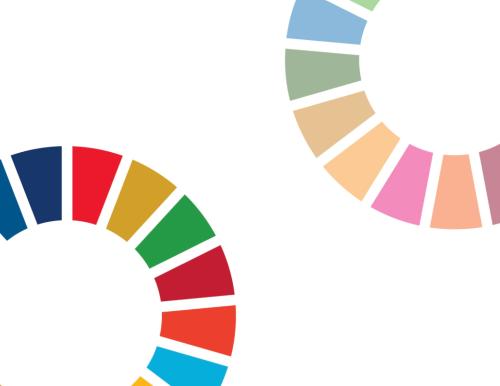In a blog posted on August 20, 2013, we warned that all was not well in South Sudan and suggested that this fledgling country could be on the verge of collapse as a result of emerging ethnic rivalries and abuse of power by its leadership. We noted that the high concentration of power around the presidency and the general weakness of the countries’ institutions mirrored those of other African countries after they gained independence—the results of which were state failure. We warned that, given the state of affairs in South Sudan, intervention by its military was a real possibility. Sadly, our prediction has come to pass.
On Monday, December 16, 2013, the president of Southern Sudan announced that his government had successfully thwarted a coup attempt by military personnel loyal to the former deputy president, Riek Machar. The president further proclaimed a curfew from 6 a.m. to 6 p.m. for the security and safety of the citizens. Despite the president’s assurance that the situation is under control, there has been fresh gunfire in Juba this morning. More than 60 soldiers have been killed and casualities could be even higher, as it is difficult to ascertain the true state of the situation on the ground.
In addition to the violence, the effects of the coup attempt are already being felt in South Sudan. International and regional airlines have canceled flights into the country, and communication within and outside South Sudan has become a challenge as mobile phone communication has become intermittent. The apparent breakdown in communication could be a result of the government trying to take control of the situation. In addition, hundreds of Sudanese people, mostly women and children, have fled their homes and sought refuge at U.N. facilities.
Political instability and the current discontent and fighting between factions allied to President Salva Kiir and his former deputy Machar threaten to rupture the already fragile state of this young country. The repercussions are likely to drive the country into civil war, the outcome of which will be disastrous for the country and indeed the region, as South Sudan is one of sub-Saharan’s largest oil reserve countries. Even more telling of the seriousness of the matter is that the president made the announcement of the attempted coup in full army regalia, instead of his customary suit—possibly a reflection of his readiness for a war with Machar and his allies. Machar, on the other hand, has repeatedly accused the president of intolerance, dictatorship and of running the country as a one-man show. There has also been dissatisfaction within the ruling party itself, with individuals pulling out of the planned talks to heal rifts within the party. Machar leads the rebel group within Sudan People’s Liberation Movement (SPLM), the political party to which both he and President Kiir belong, and has said that he will run for the presidency in 2015.
The threat of civil war is a major concern for the country and its leaders. Civil war has terrible consequences for a least developed country such as South Sudan because it threatens regional stability in terms of trade and diversion of investments and creates an influx of refugees into neighboring countries. In addition, South Sudan’s HDI rank is 171 out of 184, and a civil war will make this dismal rank fall even further as it will undermine the economy’s ability to sustain long-term development.
The challenge for South Sudan, as we stated in the previous blog, is based on the concentration of power at the executive level and the fact that the constitution bestows a lot of power on the president. The people of South Sudan, just like other world citizens, would like to have a democratic country, free from oppression and with an environment in which there are enabling conditions that empower the people to meet their basic needs. Thus, a government that is responsive to the needs of its people is critical for the survival of South Sudan.
It is apparent that South Sudan, two years after independence, is yet to establish legitimacy as a state with a functioning government that can keep its people safe and provide services to them. The recent coup attempt is a testimony of the inability of the leaders in SPLM to maintain unity. The country is run on patronage politics where the dominant figures, President Kiir and Machar, represent interests of the two largest ethnic tribes, the Dinka and Nuer, respectively. The legitimacy of the state can only be achieved if it provides essential services such as education, health and security to the citizens and, as it stands now, the country’s attention is not on providing these services. There is an urgent need for the government to act quickly to avert the threat of a civil war and instability in the country. International organizations and partners must insist on the country developing participatory institutions and broadening the political field. This can be done by encouraging civil society groups, providing assistance aimed at enhancing the legislative space, and targeting foreign aid and assistance towards the promotion of democracy. The opportunity cost of instability is too high for this very young country.
The Brookings Institution is committed to quality, independence, and impact.
We are supported by a diverse array of funders. In line with our values and policies, each Brookings publication represents the sole views of its author(s).


Commentary
Trouble in South Sudan
December 17, 2013